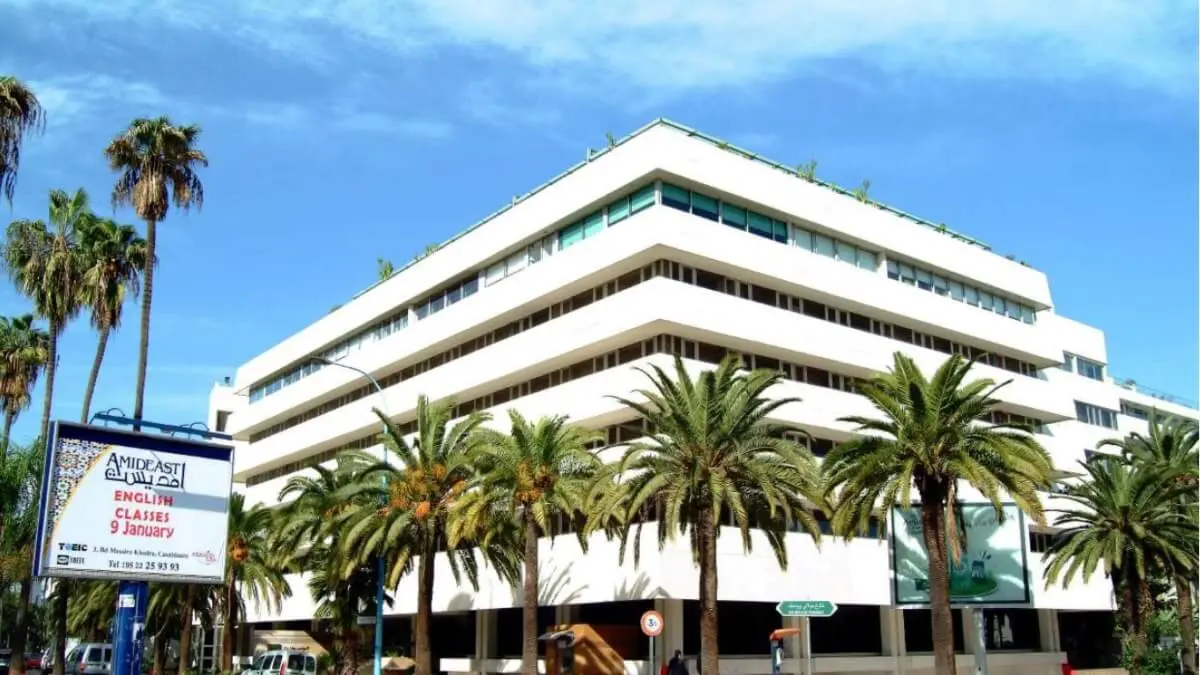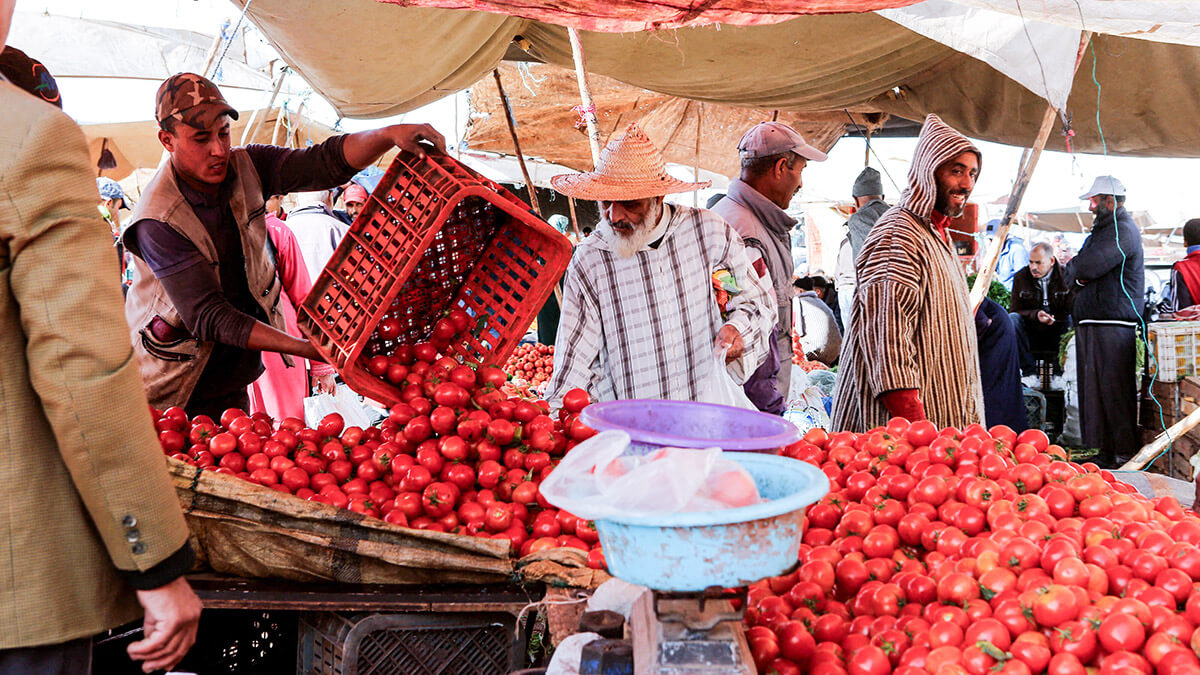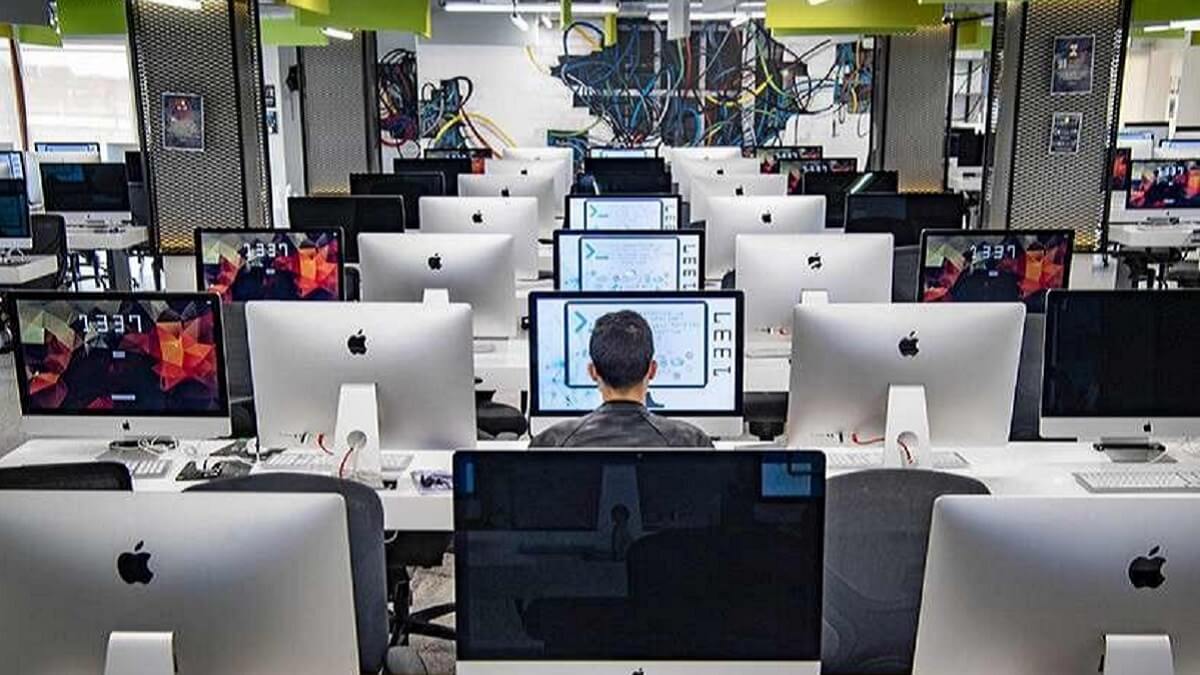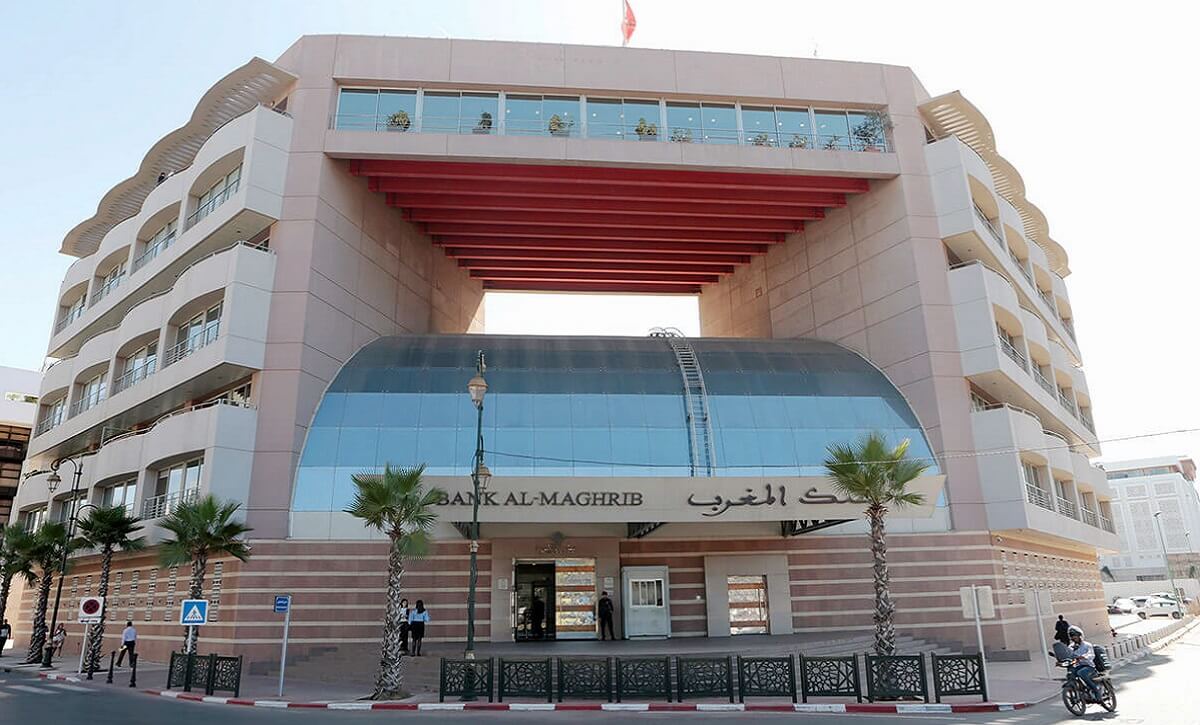Morocco innovates in financing to invest in various sectors of activity in Africa

Morocco is committed to innovation to solve the problem of financing by establishing four innovative levers to optimise the conditions of access to funds and improve the mobilisation of investments.
- Category 1: strategic areas
- Category 2: Areas of excellence
- Category 3: learning areas
- Innovation to solve the financing problem
- Encouraging national and sub-regional public-private partnerships and improving their governance framework
- Creation of continental investment funds
- Adopting risk management approaches and improving information for investors
- Diversifying economic partnerships and transforming the approach to international cooperation and development assistance
The framework proposed by the Kingdom of Morocco is based on three categories of activities that differ in terms of the "strategic sensitivity" (the level of criticality for economic sovereignty) and the "economic maturity" (the level of development) of the areas of activity that comprise them.
Category 1: strategic areas
These are the areas of activity that present sovereignty challenges for Morocco (national strategic areas) or for the continent as a whole (continental strategic areas).
These are critical domains for Africa's socio-economic resilience and its development model that require significant investments by Moroccan companies as the main African economic actor. However, the high strategic sensitivity of these areas does not completely preclude cooperation with non-African economic operators.
Very often, these areas move in broader ecosystems to cover a large part of the links in the value chain that constitute the area of work. In continental strategic areas, it is opportune for Moroccan companies to integrate these ecosystems through large operators, either as a "leader" or as a "reinforcement".
These strategic areas include water management, agriculture, energy production and distribution, health and pharmaceuticals, cybersecurity and the construction and operation of vital infrastructures (Cooper Pharma, the OCP group and the Al Mada group34 are examples).

Category 2: Areas of excellence
These are the sectors of activity in which Morocco has mature assets and whose flagship companies generate significant revenues in the markets where they are currently established. Moroccan companies in these sectors enjoy a significant competitive advantage and have the necessary assets to develop in other African markets.
On the one hand, in the telecommunications sector, the operator Maroc Télécom has more than 60 million customers in 10 African countries. On the other hand, the banking sector, with the three large Moroccan commercial banks (Attijariwafa Bank, BCP, Bank Of Africa) has a dense banking network in more than 20 African markets.
In addition to these so-called "classic" sectors, Moroccan companies have succeeded in convincing African markets in other promising sectors such as digital services with players such as HPS or M2M.
For these domains of excellence, economic partnerships can be extended to include partners of different nationalities with a particular interest for companies from southern countries with complementary value propositions. These business alliances constitute an effective avenue for the internationalisation of African companies, in particular Moroccan ones.

Category 3: learning areas
They have great growth potential for Moroccan companies, including SMEs. These areas include the sectors of activity in which Moroccan companies have always wished to develop. The entry into force of the AfCFTA free trade area opens up vast possibilities for these companies.
Moroccan entrepreneurs are now able to travel the continent's 54 markets to convince African consumers of their products and services. This new situation is therefore a real boost for entrepreneurship and innovation, particularly for young entrepreneurs.
Entrepreneurial ventures in the fields of technology (FinTech, Healthtech, EdTech, Foodtech, Greentech, etc.), e-commerce or entertainment can create new national champions in sectors hitherto considered difficult to penetrate.

Innovation to solve the financing problem
While investment opportunities in Africa remain abundant, their translation into projects always faces the problem of financing, as African financial markets handle limited financial volumes and access to international capital markets is often difficult due to the business climate in African markets.
However, African companies cannot develop on the continent if financing remains a permanent obstacle. For Morocco, four innovative levers are gradually being put in place to optimise the conditions for access to funds and improve investment mobilisation.
Encouraging national and sub-regional public-private partnerships and improving their governance framework
Public-private partnerships are an innovative solution for financing infrastructure or public service projects. This category of public contracts consists of pooling the financial efforts of public and private operators around a project of general interest.
The legislative and institutional framework governing such investments therefore needs to be strengthened and improved. Instead of disbursing the entire public investment budget on a single large project, PPPs allow the same budget to be broken down into several projects, raising more private financing.
PPPs have thus enabled the creation of several emblematic infrastructure projects at continental level: the Lake Turkana wind farm (Kenya), the Henri Konan Bédié bridge (Côte d'Ivoire) or the port of Tangier Med (Morocco).
Creation of continental investment funds
While PPPs allow a large part of the investment burden to be transferred to the private sector, the latter also faces the difficulty of securing substantial financing for its projects on the continent.
The creation of funds dedicated to Africa's economic development could help project promoters to have constructive exchanges about their opportunities with fund providers who know the specificities of African markets.

Adopting risk management approaches and improving information for investors
Many emerging African countries find it difficult to negotiate loans at favourable interest rates for two reasons. The first relates mainly to the high debt and risk levels of these countries and their companies.
The West African Development Bank (BOAD), of which Morocco is a shareholder, and which supports the financing of development in West African countries, is a success story that can launch bond issues on regional and international capital markets at optimal conditions.
The second cause relates to the scarcity of reliable and up-to-date economic and financial information for investors. This problem is mainly related to the under-digitisation of economic and financial circuits in these countries.
Indeed, basic economic and financial procedures (tax returns, VAT declarations, balance sheets, banking and administrative procedures, etc.) are still very often not dematerialised.
In short, the digital transformation of economic and financial circuits is a real lever that urgently needs to be activated to improve economic and financial information and is a crucial condition for obtaining financing.
Diversifying economic partnerships and transforming the approach to international cooperation and development assistance
It is now recognised that the African continent is the subject of dynamic competition between the world's economic powers, with informational issues surrounding development finance institutions in Africa.
A first orientation would be to establish partnerships and economic development agreements with a wide range of actors, i.e. states, regional groupings or non-governmental organisations to open up new opportunities for the continent.
In this respect, Morocco presents, in a bilateral or multilateral framework, an example of partnership diversification that should be examined. At the international level, Rabat now has more than nine free trade agreements and many other economic cooperation agreements, in addition to energising the continent's Atlantic community, which is made up of 23 states.
A second approach would be to transform traditional development aid modalities into efficient cooperation that does not affect the sovereignty of states. The aim is to promote win-win cooperative relationships in which all stakeholders fulfil their respective commitments and gain from them.
For example, investment projects based on loans secured by strategic assets are extremely dangerous and seriously infringe on the sovereignty of states. Alternative modes of financing such as BOTs (Build-Operate-Transfer) are widely preferred.
In this regard, the Organisation for Economic Co-operation and Development (OECD) advocates, in a report of May 2023, supporting the modernisation of global governance in order to involve low-income countries more in the decision-making processes concerning the financing of global public goods. This would rebalance power relations between partners on the international stage.
In short, if the four proposed levers do not completely and totally solve the problem of access to finance for investment projects, they offer innovative ways to think outside the box in order to take advantage of current economic and financial dynamics and to meet the development needs of African economies.










